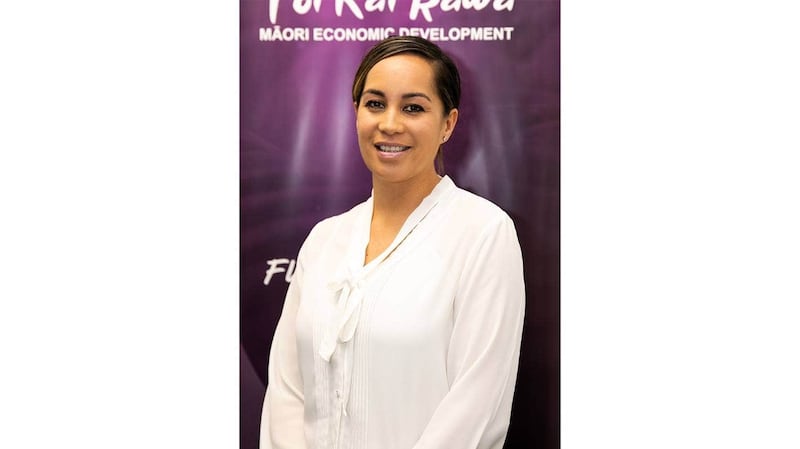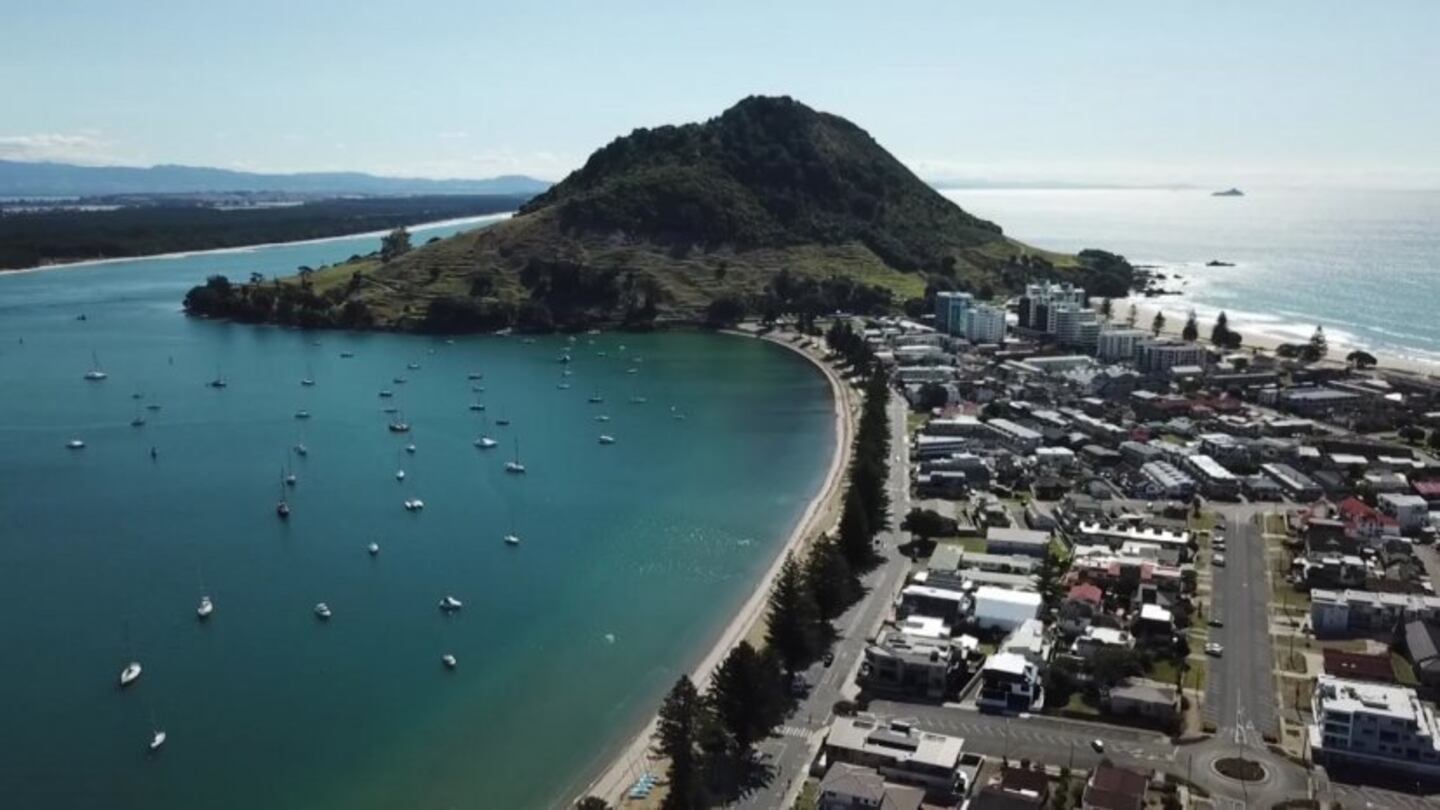A plan to boost Māori economic growth in the Bay of Plenty has been unveiled, with more than 40,000 high-value new jobs for Tauranga Moana anticipated by 2050.
Toi Kai Rawa Trust (TKR), the Bay of Plenty’s regional Māori economic development organisation, launched the strategy in Tauranga yesterday.
The five-year plan involves connecting Māori businesses to commercial opportunities, empowering Māori in science, technology, engineering, arts and maths, as well as training, mentorship, scholarships and help with accessing funding for individuals and businesses.
Toi Kai Rawa chief executive Awhina Ngatuere said the Bay of Plenty was home to the third-largest Māori population in Aotearoa, and by 2050, Māori and Pasifika would make up 50% of the workforce age profile.
“The Māori economy is worth an estimated $70 billion, with the Bay of Plenty’s Māori economy expected to be a driving force behind our region’s growth. More than 40,000 new jobs are anticipated by 2050 – and we must be prepared for that.”
The Western Bay of Plenty is expected to have 25,000 high-value new jobs by 2038 and 40,000 by 2050, according to Priority One Economic Development Agency.
The strategic plan will empower Māori to participate fully in this economic growth, she said.

In addition to the plan, a range of initiatives will mobilise the region’s rangatahi, pākihi Māori and resources and include the appointment of a new governance board and brand identity.
Young people will be supported by targeted outreach, local kura engagement, scholarships, and mentorship.
“Mobilising young Māori into higher-value jobs and self-employment will play a significant role in achieving sustainable region-wide growth,” Ngatuere said.
New Māori business networks will be established with collaboration from local community leaders, businesses, and government agencies. Training and support will be given to more Māori businesses such as tailored mentorship, workshops, and access to funding opportunities.
“These new developments will contribute to achieving our goals, fostering thriving communities and cultivating leaders within the wider Bay of Plenty,” Ngatuere said.
The initiatives were an extension of the Bay of Plenty’s Regional Māori Economic Development Strategy – He Mauri Ohooho, from which TKR as an independent organisation emerged, she said.
“We are more determined than ever to create a lasting impact that uplifts Māori communities and fosters a sustainable future for the broader Bay of Plenty community.”
-Stuff


